We caught up with the brilliant and insightful David Voorhees a few weeks ago and have shared our conversation below.
David, looking forward to hearing all of your stories today. It’s always helpful to hear about times when someone’s had to take a risk – how did they think through the decision, why did they take the risk, and what ended up happening. We’d love to hear about a risk you’ve taken.
I had recently graduated from college, got married a day later, then headed for the only grad school that would take me. I was a fine arts majoring in painting and poured myself into creating new works on canvas. I butted heads with my instructor and didn’t meld with the other grad students, so I dropped out of the MFA program. I wanted to be an artist, not teach it for a profession. Thankfully, my parents (both artists) were amenable to us moving back home for a few months to figure things out. I had taken a pottery class while in college and really was keen on finding out more. I was able to set up a small studio at my parents’ home, make and sell work for a few months, We decided to move to the mountains of NC and see what we could find. A tenant’s shack on an old apple orchard became our home and my studio. Starting in a spare bedroom with the rebuilt electric kiln in the kitchen gave me a start with my pottery. I soon moved out of the house to a shed that I converted into a dirt-floored studio. I had electricity but no running water. Here, I got my start, happily making pottery and selling it at local fairs. It was all so exciting in those early days!
It was a risk for sure, but I was young, naïve, and eager to work hard. And, I loved it; making pots every day, learning my craft and loving living “in the woods”. It was a slow go developing skills and a style of my own but I was committed to the task and lived frugally on what I was able to earn while learning.
Almost 50 years later, I reflect on the risks taken, the lessons learned and the life I began creating in those first years. I continue to enjoy making pottery, currently in my 7th studio. This one I built on my 4 acre wooded property. Each step leads to the next one.
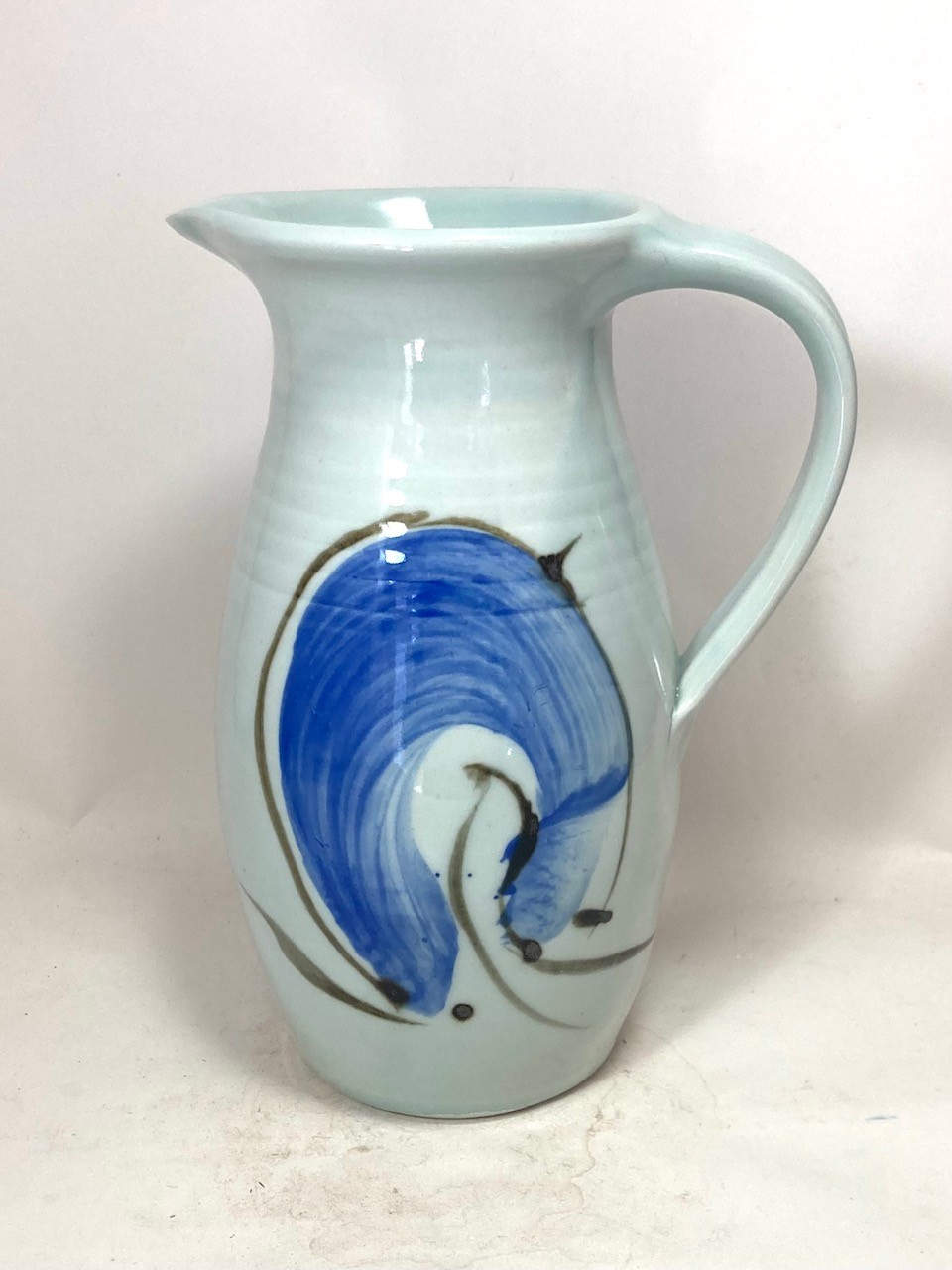
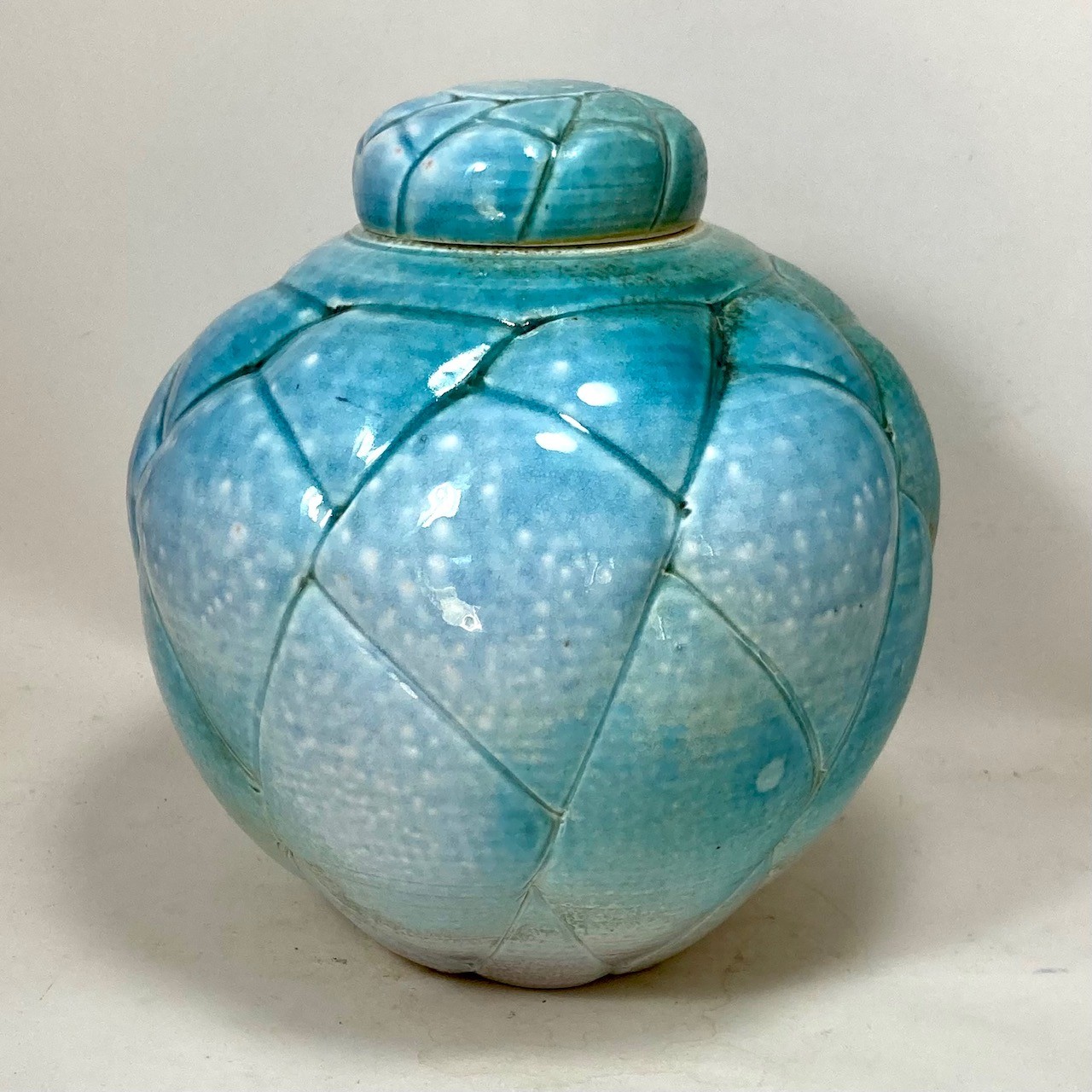
Awesome – so before we get into the rest of our questions, can you briefly introduce yourself to our readers.
I started my pottery business in 1975 in Western North Carolina and have lived and worked mostly in this area. I create functional and decorative stoneware and porcelain pottery using a variety of styles and firing techniques. I use an electric kiln for much of my porcelain, under glaze painted pottery. I built a wood-fired kiln in 2010 and fire it several times a year with both stoneware and porcelain pots. I recently built a propane fired kiln as well. My work is sold online and in galleries in the region. I make a few custom specialty items, my Wedding Wish Vase and custom cremation urns. I offer these through my website and I enjoy working with customers directly for unique requests.
I also have taught pottery classes through the years. Porcelain working on the wheel is my specialty, but I have also presented primitive firing and raku firing workshops. I currently teach online through TeachinArt, presenting video lessons for intermediate level potters interested in learning to throw porcelain clay.
What’s the most rewarding aspect of being a creative in your experience?
I work directly with customers often and I find this very rewarding. It may be a gift or something special for the wedding of a family member, or an urn for a lifelong mate. My work becomes part of their story, hopefully enhancing it, adding joy or comfort through my hands and heart.
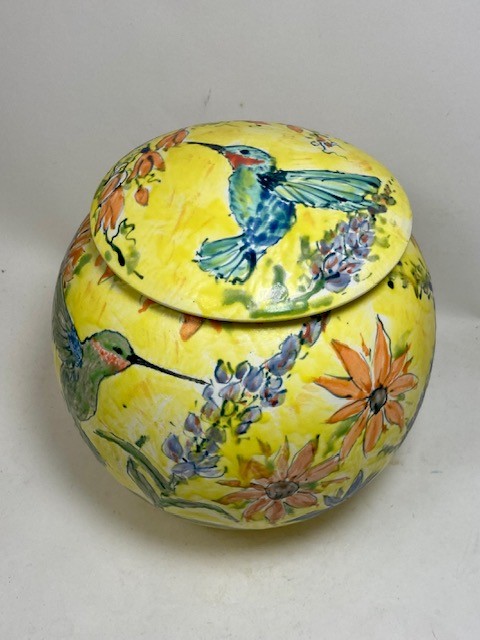
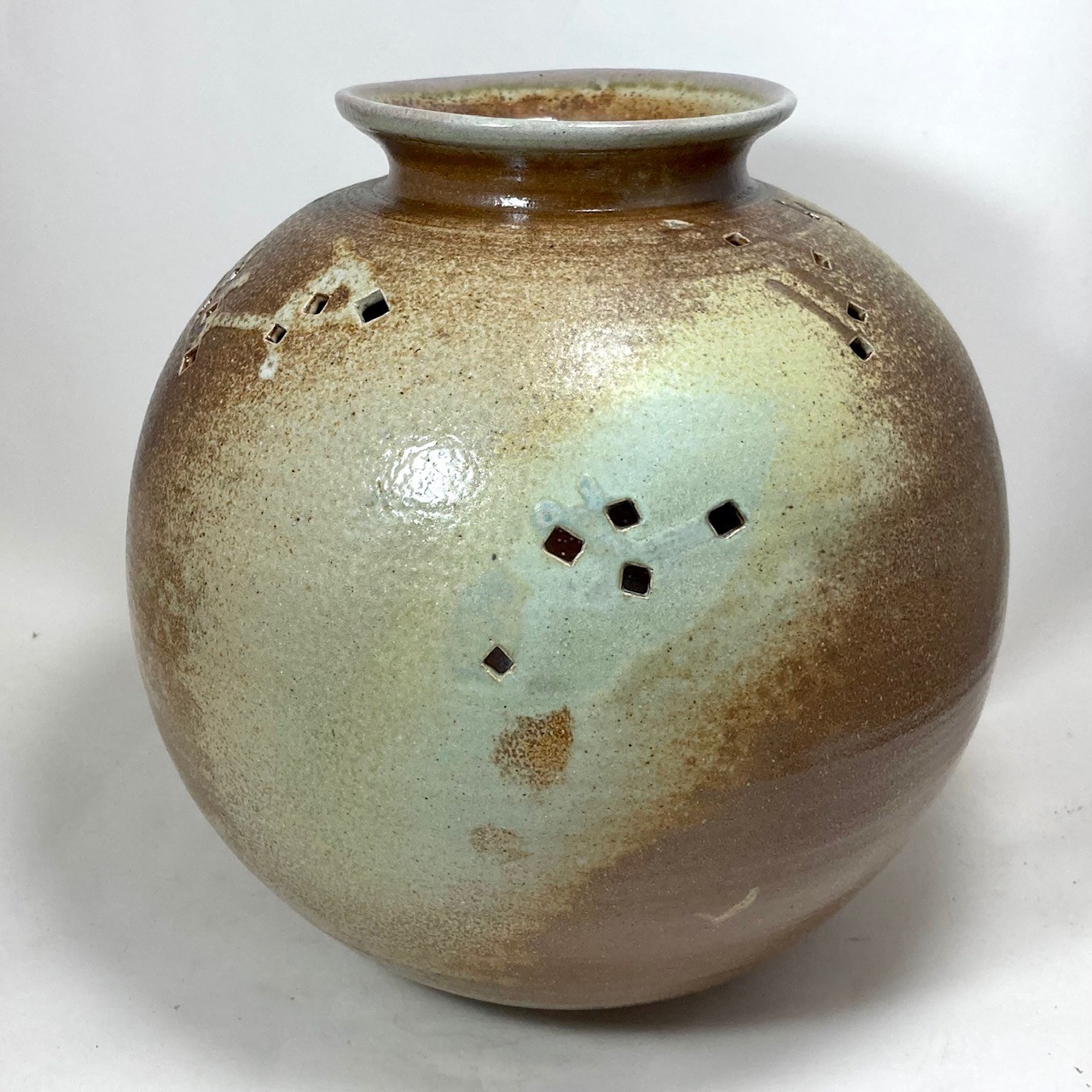
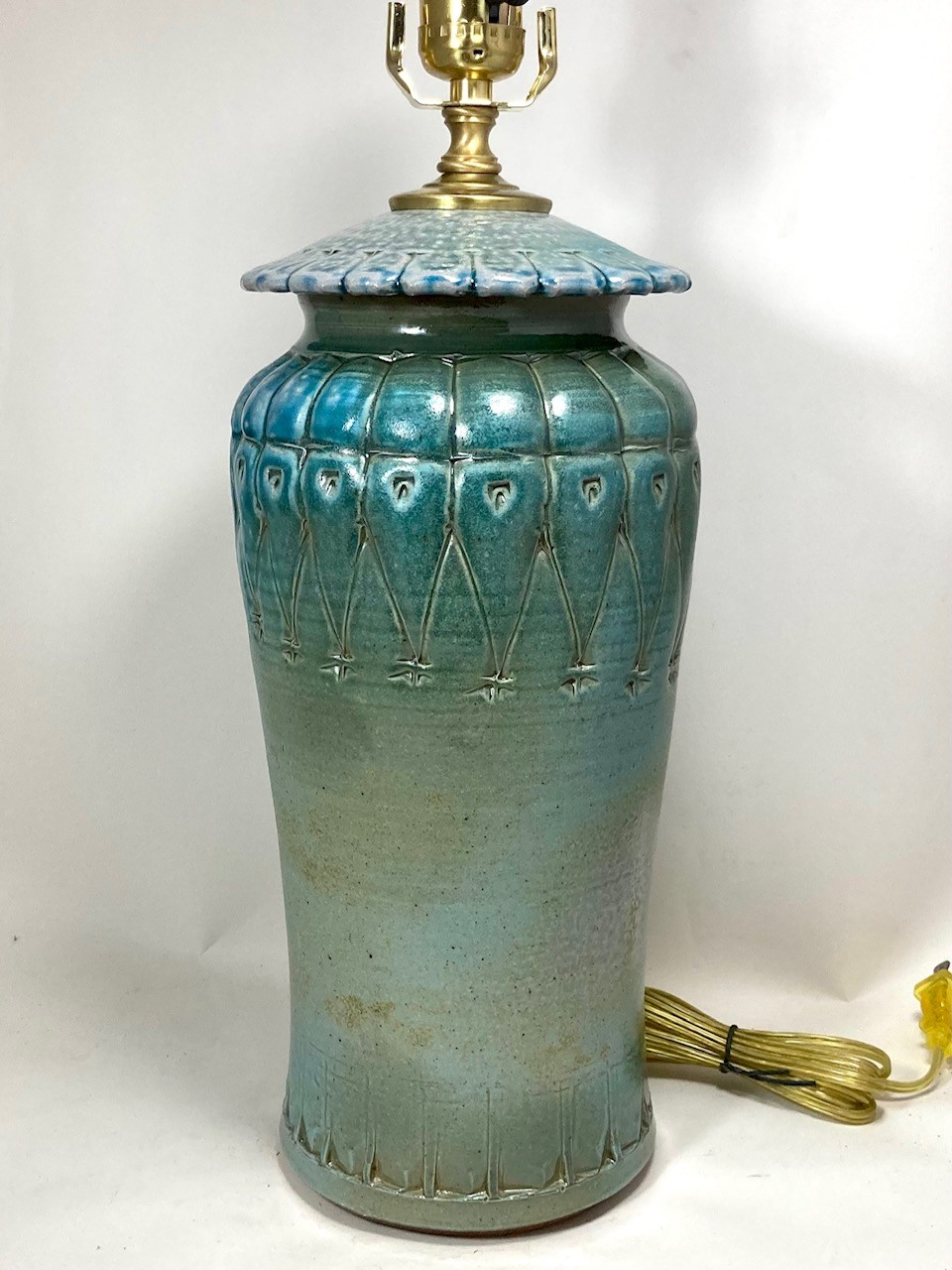
Looking back, are there any resources you wish you knew about earlier in your creative journey?
It is awesome how many resources there are now for beginning craft artists that did not exist in the mid-1970s. I started with one 6 session class and a book or two. There are many places to learn now, in person, on line and through books and periodicals. Our industry has grown up well. I would have been a big YouTube fan had it been available. I wish that there were more potters who were open to apprentice-type positions in those early days. I became mentor to a number of potters who needed an income while the learned their craft. A professional studio is a great place to learn what it takes and how someone does it day to day.
Contact Info:
- Website: davidvoorheespottery.com weddingwishvase.com voorheesfamilyart.com
- Instagram: @davidvoorhees @woodfiredpotterykilns
- Facebook: David Voorhees Pottery
- Youtube: David Voorhees Pottery
Image Credits
Myself, Jan Homan


